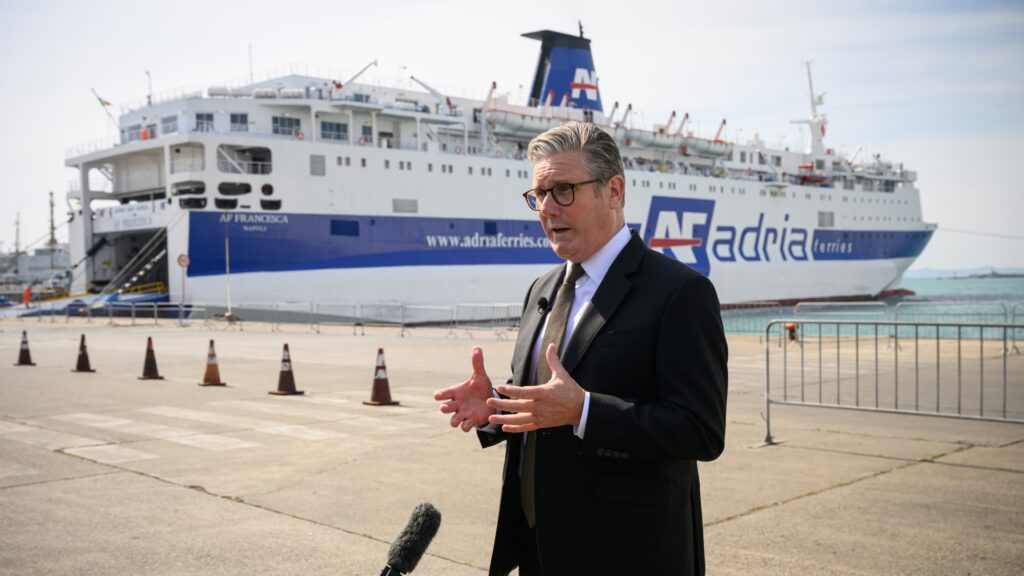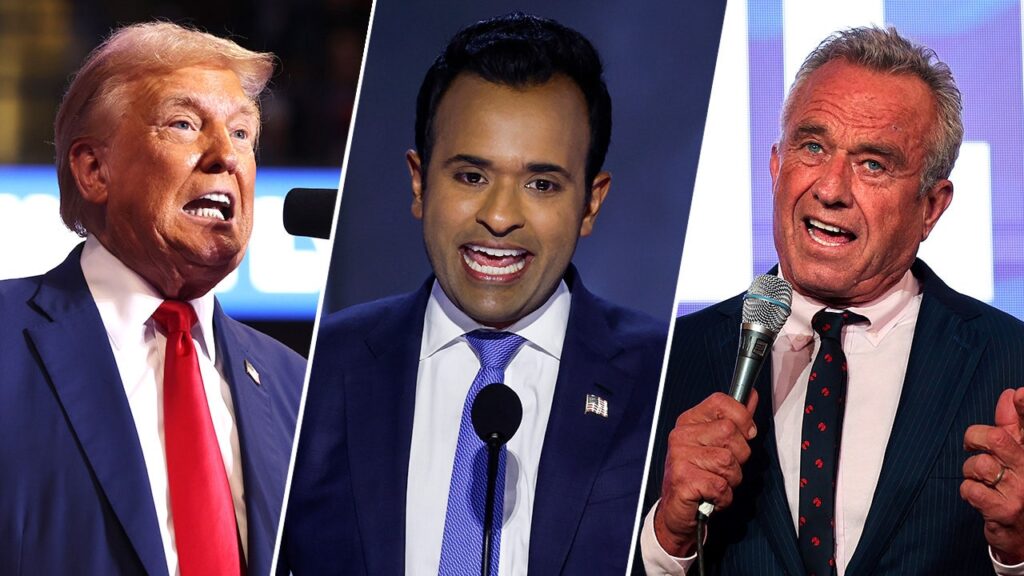The UK is in talks with “a number of countries” to set up “return hubs” for failed asylum seekers, Keir Starmer has said on his first official visit to Albania. But critics have accused the government of offering up a “watered-down” version of the previous Conservative government’s failed Rwanda scheme.
Starmer did not comment on which countries might be involved in the return hub scheme but one thing appears certain: Albania will not be one of them. At a joint press conference with Starmer, focused on a separate raft of measures to tackle organised crime and illegal immigration, Albanian Prime Minister Edi Rama made it clear that his country was not interested in a migrant processing deal similar to its existing partnership with the Italian government.
“We have been asked by several countries if we were open to it, and we said no, because we are loyal to the marriage with Italy and the rest is just love,” Rama said.
Subscribe to The Week
Escape your echo chamber. Get the facts behind the news, plus analysis from multiple perspectives.
SUBSCRIBE & SAVE
Sign up for The Week’s Free Newsletters
From our morning news briefing to a weekly Good News Newsletter, get the best of The Week delivered directly to your inbox.
From our morning news briefing to a weekly Good News Newsletter, get the best of The Week delivered directly to your inbox.
Starmer was “at pains” to emphasise that this new plan is “not like Rwanda“, said Steven Swinford in The Times. Labour has repeatedly dismissed that scheme as a “gimmick”, and scrapping it was one of Starmer’s first acts in office.
The new plans “would be different” because people would be moved to a third country only after failing in their asylum bid and after their routes of appeal were exhausted, said Politics.co.uk. Under the Rwanda plan, people would have been removed immediately after arriving in the UK. The return hubs scheme would see unsuccessful asylum seekers sent to processing centres, most likely in “co-operating Balkan countries”, where arrangements would be made for their return to their country of origin, said the Financial Times.
These plans are Starmer just trying to reintroduce the Rwanda scheme in a “watered-down form”, said The Telegraph‘s editorial board. And while they “would be an improvement on the status quo”, they would be “at best a marginal deterrent to those crossing the Channel”, as successful applicants who have made the journey would be permitted to stay. And given Britain had one of Europe‘s highest asylum grant rates in 2023, the “draw factor” to migrants would remain “considerable”.
And the new scheme could end up facing similar challenges to that of the Rwanda scheme, as Italy has found out. Giorgia Meloni’s government has built two return hubs in Albania “big enough to hold 36,000 people a year”, yet both are “currently empty”, said Sky News‘ Tamara Cohen. “The courts in Rome say they can’t be used until the European Court of Justice rules them safe.” Yet, in a “boost” to UK government plans, the UN’s refugee agency has “backed the principle of return hubs, if they meet human rights standards”.
Even if the UK can persuade other countries to participate, the scheme will still come at “significant cost to the taxpayer”, and there is no guarantee that the government can “overcome the formidable legal hurdles”, said The Times’ Swinford. “Labour long criticised the Rwanda scheme, not just as impractical, but also as a waste of money. If Starmer is not careful, the boot could soon be on the other foot.”
What next?
Starmer has stressed that the proposed return hubs are “no silver bullet” and shouldn’t be seen in isolation. He described the initiative as an “important innovation” that would “add to our armoury” in tackling illegal migration. Yet there has been little detail so far on how the hubs will function in practice, what it would cost, and where those removed from the UK would be housed.
Further talks are expected at today’s European Political Community summit, where it’s thought the UK will try to gauge the interest of countries such as Serbia, North Macedonia, and Montenegro. The UK will also host a Western Balkans summit in London in the autumn.



